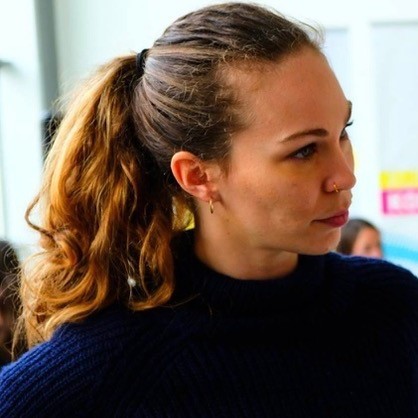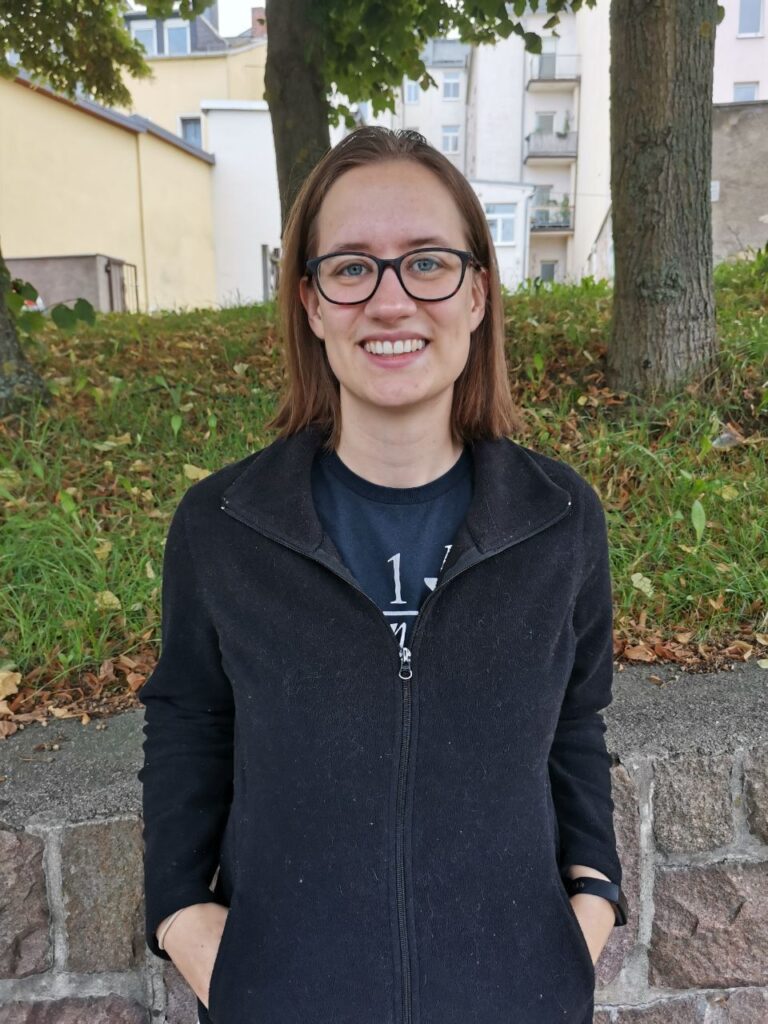
Ricarda Goetz-Preisner is currently conducting her PhD thesis in game studies at the University of Vienna about inclusive games. By training she is a political scientist and employed by the City of Vienna, where she has an advisory role on girls and women in digital games.
Oppressive mechanisms for women in the game development culture
FROG 2022 – Poster
In the last years, starting with the infamous #gamergate in 2015, a lot has been said and criticized about the mechanisms in game development companies. Just recently an Austrian game production studio – Moon Studio – which has produced the amazing games of Ori and the Blind Forest as well as Ori and the Will of the Wisps, has been called out for its oppressive culture by multiple workers. According to VentureBeat (Takahashi 2022), the founders Thomas Mahler and Gennadiy Korol propagated an environment where casual racism, sexism and bullying was on the agenda.
Unfortunately, news like this is not new in the gaming world. Another company, famous for rather colorful and inclusive games, the French company Ubisoft, made headlines in 2020 for misogynist bullying and sexual harassment (cf. Gach 2021). Even though Ubisoft promised to “overhaul its workplace culture “, little has been done since the complaints.
2020 was also the year, different stories published on Twitter shed more light on the hardship women still face in the industry by being pressured into sex, being belittled or gaslit by their male superiors and colleagues (cf. McDonald 2020). It seems even game companies claim to value the work of women, they have it hard as ever working in a still male-dominated sector. In 2018 the gaming website Kotaku investigated the game developer Riot Games over their gender-based harassment case – hundreds of workers even joined the protest and quit the company which has “promised to overhaul its workplace culture” (Dean 2019).
These developments show that being a woman in the game development culture is met with sexism, harassment, and sexual predation.
Dean, S. (2019). Riot Games will pay $10 million to settle gender discrimination suit. https://www.latimes.com/business/technology/story/2019-12-02/riot-games-gender-discrimination-settlement
Gach, E. (2021). Despite Filing Harassment Reports, Employees Say Ubisoft Isn’t Doing Much
https://kotaku.com/despite-filing-harassment-reports-employees-say-ubisof-1847907748
McDonald, K. (2020). Is the video games industry finally reckoning with sexism? https://www.theguardian.com/games/2020/jul/22/is-the-video-games-industry-finally-reckoning-with-sexism
Takahashi, D. (2022). Despite its beautiful Ori games, Moon Studios is called an ‘oppressive’ place to work. https://venturebeat.com/pc-gaming/despite-its-beautiful-ori-games-moon-studio-is-called-an-oppressive-place-to-work/










